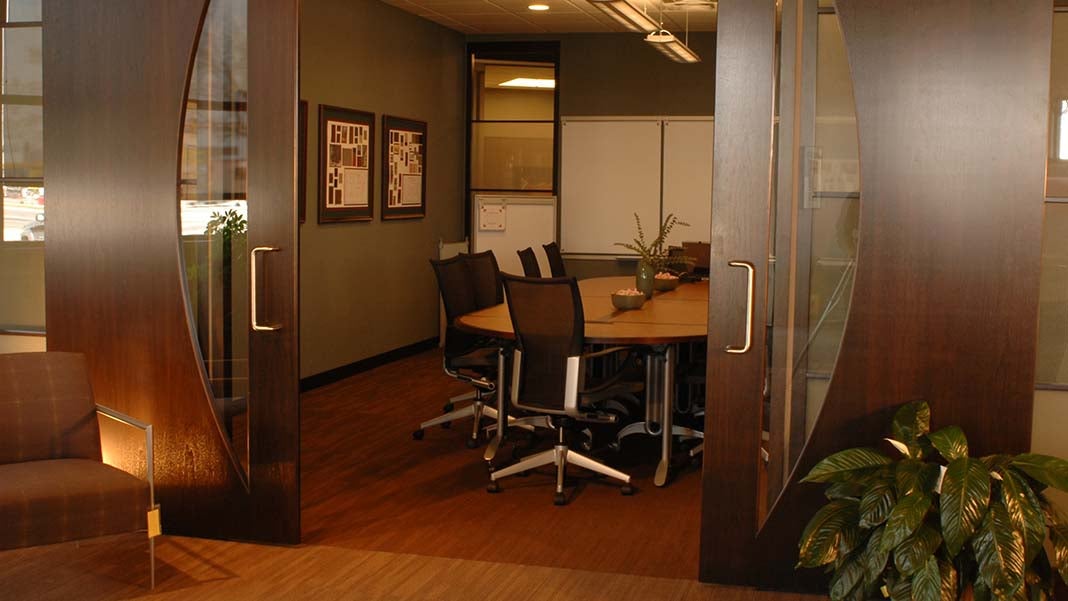4 Meaningful Ways to Smooth Your Move from a Coworking Space to a Private Office
By: Matthew Davies

Congratulations! Your small business has grown to the point that you can begin consider moving out of your coworking space into a private office. Coworking spaces have become highly popular over the past few years, as startups look for a work environment better than their garage yet not as expensive as the traditional office.
Working in a coworking space offers unique benefits beyond lower costs. Leslie Glimour with Small Business Bonfire points out that moving into an office is a sign that you are truly focused on growing your startup and helps renew your focus.
However, businesses can face real challenges and negative consequences if you are not careful about transitioning to a private office. Consider some of these challenges listed below, as well as ideas on how to address them.
1. Employee Enthusiasm
The first and most basic step before moving is to find out what your employees think about the idea. No one likes to move unless they have a reason to believe that their new destination will be better than the old, and your employees may object for various reasons.
Perhaps they like the coworking culture and being able to interact with people from other companies. Perhaps the new, private office will be harder for them to commute to. Perhaps they just do not like change.
If your workers are reluctant to move, explain to them how moving is a sign of how the business has grown thanks to their hard work, and the general benefits of moving to an office environment. If they have problems with the commute, develop policies centered on flexible or remote work.
Most startups which use coworking spaces already should have such policies, and the benefits of remote work for employers have been well established.
2. Consider Office Expenses
Offices cost more money than you might imagine. Coworking spaces take care of many of the overhead costs such as utilities and furniture. Having to pay for these things can cost your business an unexpected extra few hundred dollars per month.
Take time to consider what your office will look like, and figure out whether your business will still make more money after moving to an office. Those additional expenses are often worth it if you can count on bringing in more clients and a more enthusiastic workforce happy to work in their own space. But if you do not do your research and glibly assume that moving into an office is for the best, it can spell disaster.
3. Read your Lease before Signing
Commercial landlords are generally less flexible than coworking space providers, and you have to figure out all the details and put them in your lease agreement. Does your business or the landlord have to pay for utilities? What about snow and ice removal, or repairs, or cleaning services? Who takes care of garbage?
Boostability points out certain pitfalls which small business owners can enter upon signing a rental agreement as well as the fact that the landlord likely has more experience with these contracts than you do.
Read over the agreement in detail, and do not hesitate to ask questions if there is something you are uncertain about. If your business has the funds, you may want to consider asking an attorney to go over the contract.
Also consider the length of the lease. The last thing you want is to sign a lease for multiple years, only to find yourself stuck in an unsavory location and unable to expand. A lease which is too short is better than one that is too long.
4. Organize the Move
In addition to the costs incurred by moving into an office, moving itself can be expensive. A survey of British small businesses found that “small businesses moving premises in the last five years have lost 7.5 working days each at a cost of an estimated £40,000.” Your business is likely small enough that a move will not cost that much, but it remains a significant expense.
A professional moving company like Bellhops, as well as numerous similar services, are available to help you plan your move out in advance. Try to recruit a professional moving team, as they can take care of transporting any important equipment and can alert you to issues such as making sure your new office has electricity, water, and functioning Internet.
Also make sure that your customers know that you are moving, and post both online and in advertising your new address to avoid any confusion.
Moving into a private office is challenging enough that you may think it is better to stay in your coworking space. However, it represents a real opportunity to get into a better working environment and show that your business is growing up. But growing up means taking responsibility for your employees’ morale and keeping expenses as reasonable as possible.
2407 Views














